#DEMENTIA
Explore tagged Tumblr posts
Text
seeing people my age talk about how scared they are of memory loss, which they only associate with old age, is so surreal to see as a 24 year old who has actively experienced memory loss for a long time now
there are causes for memory loss besides dementia and alzheimer’s, i hope y’all know that. dissociative disorders, trauma, brain injuries, thyroid problems, even just stress and lack of sleep can fuck up your ability to store, process, and access memory. and that’s just a few of the many causes i can think of off the top of my head right now.
please stop treating disabled people like some scary “other” that you might become only in the distant, decades-away future. we are your age, too. you may become one of us sooner than you know. stop acting like memory loss marks the end of a life, when so many of us have so much living left to do!
#diary#memory loss#memory disorder#dementia#alzheimers#dissociative disorder#dissociative amnesia#dissociation#dissociative identity disorder#trauma#brain injury#memory#amnesia#actually dissociative#complex dissociative disorder#osddid#osdd system#dissociative system#other specified dissociative disorder#did system
23K notes
·
View notes
Text

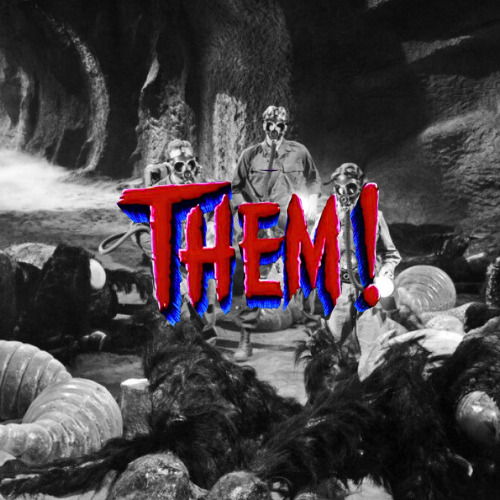
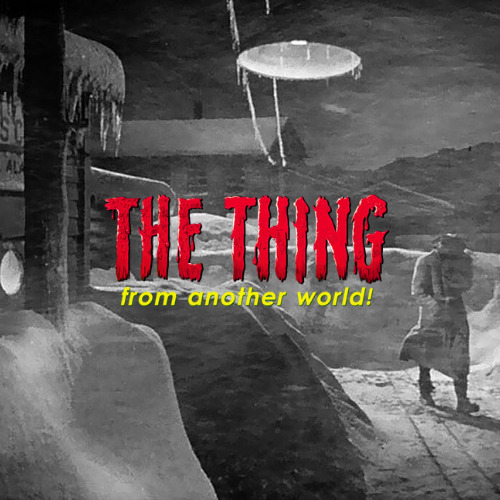



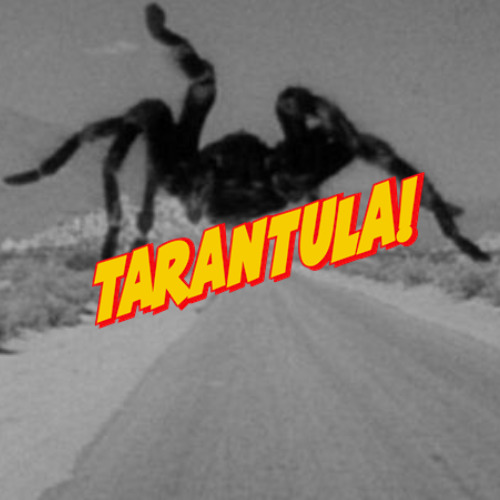

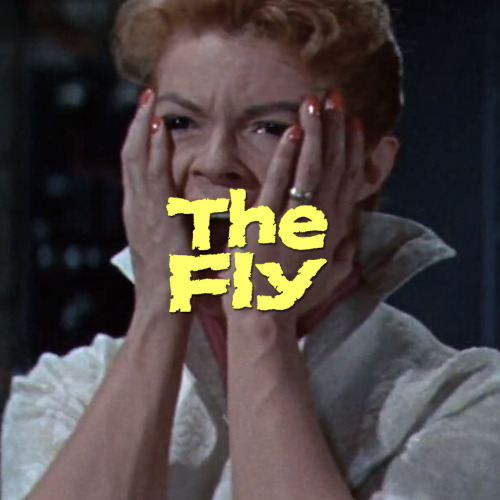
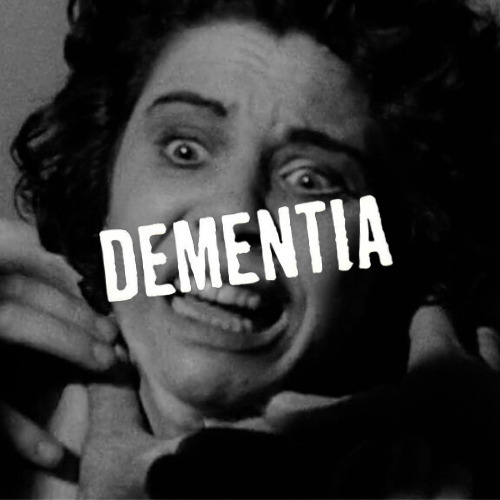
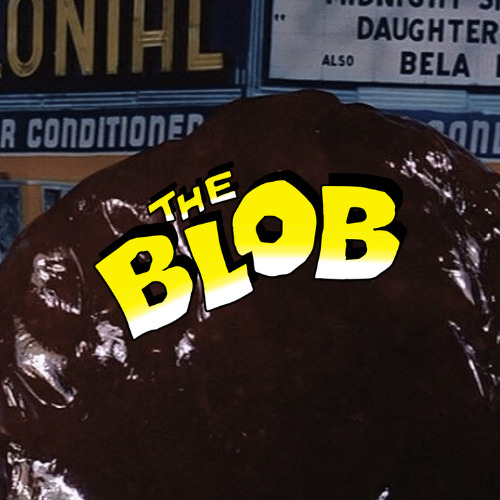



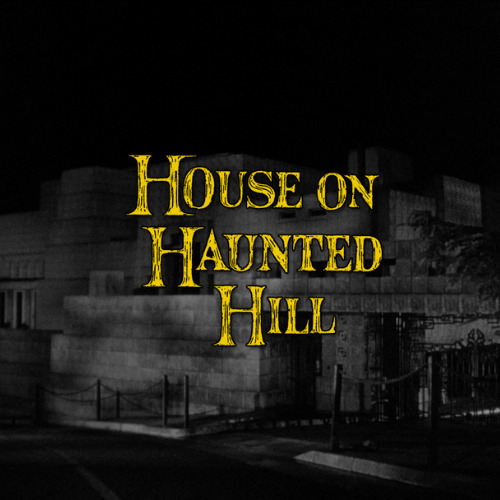

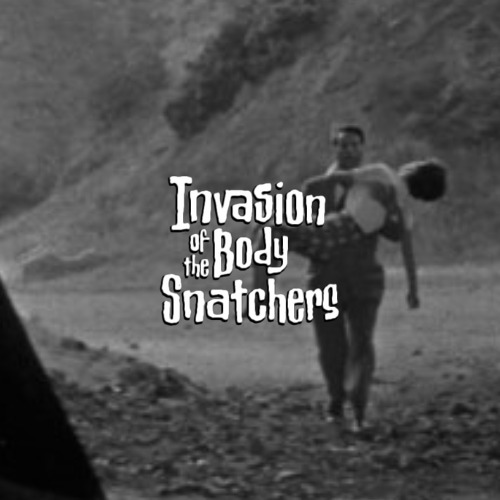

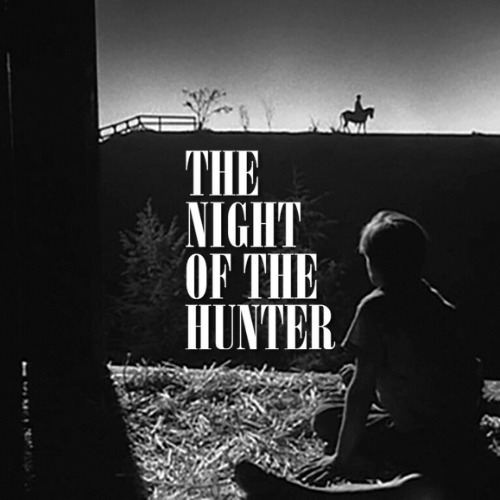



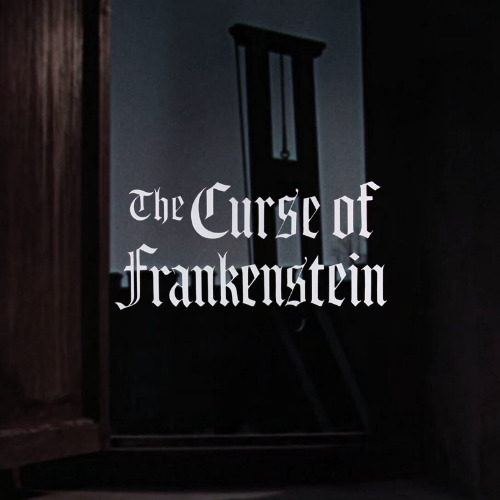




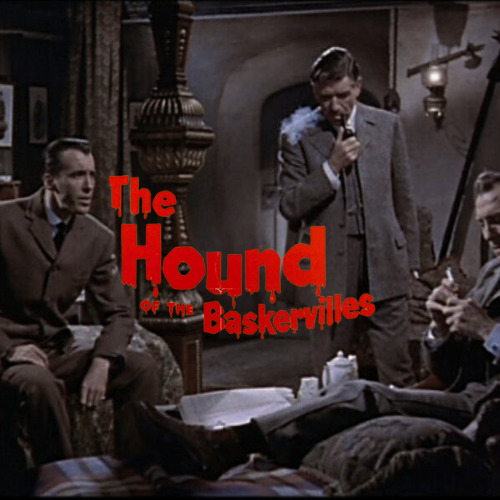

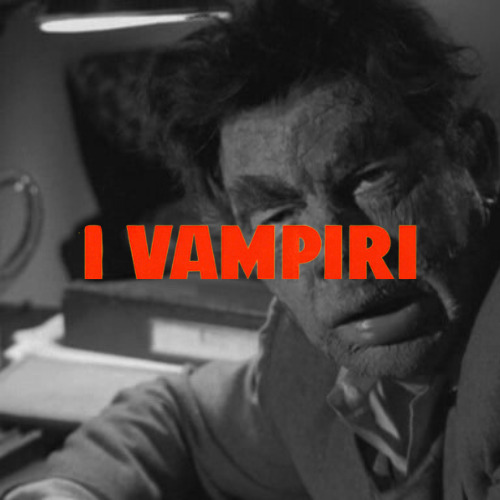
“1950s horror movies contrast radically with their 1940s predecessors. understandably – they were reflecting a whole new world. audiences wanted stories that connected directly to their lives, to the ever-expanding technology in their homes and workplaces. they also wanted horror movies that played to their fears – stoked by politicians – of the shadows that lay beyond their immediate, personal experience of the shiny american dream (applies to some of these movies).”
#obviously the american dream part really only goes for the american ones listed no the foreign ones#horror#horror movies#horroredit#moviesedit#filmedit#cinema#horror cinema#the creature from the black lagoon#them!#the thing from another world#curse of the demon#the beast from 20000 fathoms#it! the terror from beyond space#tarantula#fiend without a face#the fly#dementia#the blob#the bad seed#plan 9 from outer space#the mummy#house on haunted hill#horror of dracula#invasion of the body snatchers#house of wax#the night of the hunter#godzilla#les diaboliques#attack of the 50 foot woman
2K notes
·
View notes
Text


Source

#politics#us politics#government#the left#progressive#twitter post#current events#Joe Biden#news#mental health#dementia
1K notes
·
View notes
Text
“Alzheimer’s is a physician CAUSED disease!!!
It didn’t even occur in people over 40 years ago!!! And now it’s the #4 killer of people in the USA over age 65!!
What is Alzheimer’s disease? Well, it’s the disappearing of your brain’s insulation, the Myelin!! What is Myelin made out off? It’s made from CHOLESTEROL!!!
NOTE: 👇
”If you go on a low Cholesterol diet or cholesterol medication, it’s the fastest way to Alzheimer’s disease”
If you know of anyone who is getting dementia or early stages of Alzheimer's? Do the right thing and find out if they are on a diet, cholesterol medication or both and if you can, by any means get them to stop and watch it go away. The powers that be have lowered the standard cholesterol safety levels multiple times. I AM certain I have a post by Dr. Barbara O'Neill that explains it. From my personal experience, I showed that video to a friend and he watched his wife come back.
Understand that BIG pharma is a HUGE part of the agenda for the so-called New World Order. If you are involved in their sickcare system, all they care about is hooking up the syphoning tube to your wallet and when that's empty, your bank account so even your kids won't have anything. 🤔
#pay attention#educate yourselves#educate yourself#reeducate yourselves#knowledge is power#reeducate yourself#think about it#think for yourselves#think for yourself#do your homework#do research#do your research#do your own research#ask yourself questions#question everything#corrupt medical system#government secrets#government corruption#news#for your health#health tips#alzheimers#dementia#theft#big pharma#crimes against humanity#save humanity#save the children
576 notes
·
View notes
Text
As the global population ages, more of us face frightening cognitive decline, personally or in our loved ones. There are over 10 million new cases of dementia globally each year. But a study published this year suggests up to 13 percent of people diagnosed with dementia in the US may have a misdiagnosis and are instead left struggling with a condition that can be treated.
Continue Reading.
293 notes
·
View notes
Text



Dementia (1955)
Adrienne Barrett
#dementia#daughter of horror#adrienne barrett#1950s horror#1950s movies#1955#john parker#bruno vesota#surreal#horror#film noir#horrorgifs#noir gifs#gif#gifs#my gifs
306 notes
·
View notes
Text
My mom is still at the hospital. Her doctor is the chief of medicine. I was there for hours this morning. Came home after she had lunch. She was nodding off. Now I'm back I've spent over $100 in Ubers in the last 18 hours. Please help me. I need enough to cover expenses.
491 notes
·
View notes
Text
Per one single request (and that is all I need to carry on) here is an expansion of my tags on this post
What even is dementia?
Basically, it's an umbrella term. It describes a set of common symptoms, primarily worsening cognitive loss.
It's kind of like saying you have a cold. A cold is not a diagnosis, it's a grouping of different illnesses, like rhino virus (the most common), influenza, covid, the list goes on.
So, you can have dementia and Alzheimer's, but you wouldn't describe yourself as having both. You'd say "I have a type of dementia, Alzheimer's disease." In the same way you'd say, "I have a cold, I think it's just a rhino virus but it's a whopping my ass."
So why'd you pick Alzheimer's for that example?
Well, Alzheimer's disease is the most common type of dementia. It's where all the stereotypes you'd know about it come from. This is gonna be a text heavy post, so have a graph

University of Queensland
Before I talk about them in more detail though, what's a brain?
Your brain is made up of segments that control different specific bits of your body.
I always knew that if you hit the back of your head you might go blind, cos the eye and sight stuff happens at the back of the head. This is true.
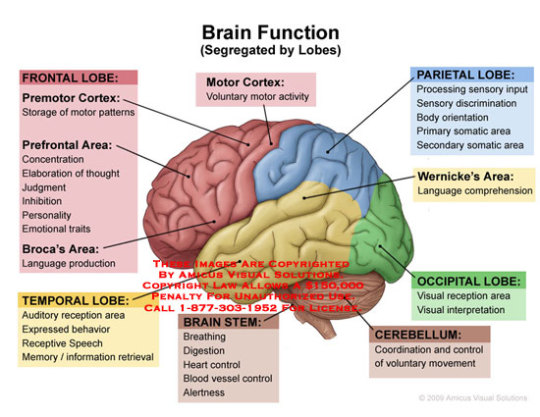
I love a copyright warning on a photo. This post constitutes personal use
Alright! An important thing about dementia is that it moves through the brain steadily, going piece by piece. It doesn't do it all at once. So you have a starting spot, and a progressive loss of cognition as it kills your neurons. We figure out the dementia type by the symptoms, cos the brain is so defined
So if you hit the back of your head, the green occipital lobe in that picture, you mess with your sight. If you lose cognition in the back of your head your eyes are seeing fine, but your cognition loss makes you process that sight incorrectly. What you see can be completely different to what other people see. This is posterior cortical atrophy, and I bring it up because we know someone who died from it, this is Terry Pratchett's dementia subtype

It's not on the above graph cos it's quite a rare type
Where's Alzheimer's start?
In the kinda middle bit, the temporal lobe. Memory, ya know. And once it takes your memory it'll move on, but it's not always the same, so people living with Alzheimer's disease will developed varying symptoms as the disease progresses, which takes many years. Sometimes people get a diagnosis of mixed dementia cos it's doing a few lobes at once. Or they have another quite different type of dementia at the some time
I'm not gonna talk about Alzheimer's much cos if you know anything about how dementia goes, you probably know it from Alzheimer's disease.
Let's go through a few others
Vascular dementia is the next biggie!
It's a curious one, this is stroke related. So, when you get a stroke you often lose cognition in the affected area of the brain. That's not dementia, that's a stroke!
But if you get lots and lots of strokes, constantly, that's a type of dementia. Cos you're getting steadily cognitively worse
(this is a good time to remind people that dementia is not a diagnosis or even a type of illness like cancer, it is a descriptive umbrella of common symptoms. The underlying causes can be wildly different)
Vascular dementia doesn't follow our moves steadily though the brain model, cos the strokes can and do happen anywhere. It's rough
What am I talking about, they're all rough. It'll get rougher
Lewy bodies dementia
Often cross diagnosed with Parkinson's disease dementia, it just depends if you get the physical or cognitive symptoms first.
Lewy bodies doesn't tend to have any memory loss. I know, no one thinks that's possible! But this is a dementia without memory loss! Cognitive loss is not the same thing as memory loss, theres other cognitive thing you can lose. That's why they're different words I guess
Of course, in all dementias eventually everything goes. Cos it's progressive, it keeps progressing
Lewy bodies is more likely to cause physical impacts like shaking and shuffling gait. You'll also hallucinate, have delusion, sleep badly, and experience mood swings.
From a care perspective, the people living with Lewy bodies disease are vastly more likely to be violent than any other person living with dementia
Robin Williams had this one, but he never knew. They confirmed via autopsy. So I'm gonna add a fun gif of him cos he was lovely

There's a lot of other disease/illness induced dementias
Huntington's turns into dementia eventually. HIV too. If you have down syndrome you have an extra gene that will always turn into dementia if you live long enough (that's one of our few 100% rates). Alcohol related dementia. So on and so forth. There's a shit tonne of types
Anyway, thats enough about disease progression. I'll talk out a few more common misunderstandings and then post
Is dementia fatal?
Sure is. Most people will die of something else while they have dementia, cos age often comes with comorbidities, but if the only thing you have is Alzheimer's disease it will still kill you. It's taking out your brain cells, eventually you'll forget how to swallow and choke.
Honestly tho it's more likely you'll die 'by accident' due to doing something you didn't realise was dangerous, like going for a walk wearing nothing at night and developing hypothermia. That is a dementia-caused death, I think we can all see that, but it'll be written down as hypothermia. So reported deaths are lower than what's true
Alzheimer's takes 10 - 30 years for the neuron loss to be extreme enough to kill you outright. Lewy bodies is more like 5 - 7 years. There's a range and the ranges are poorly defined, quiz your GP if this ever comes up in your life
It's an old person disease, right?
Overwhelmingly yes. It's considered younger onset if you're less than 65. But from the graph above you can see that's a big enough proportion to get its own slot
But kids don't get it
Sure they do, childhood dementia is a whole thing. It's awful. People are born with it. Again, dementia isn't an illness type, it's a symptom grouping. Kids can be born with progressive, worsening cognitive loss. So while it's not Alzheimer's disease, it is dementia. It's like 1 in 3000 kids have some kind of childhood dementia, and most die before they reach adulthood.
It's untreatable
It is incurable (but they keep researching!) but we have treatments for the early stages. If you or a loved one is experiencing confusion and memory loss, get moving early and you might be able to delay the worsening of symptoms for a few years. It's not a cure, but it's better than nothing. And it's all we've got
How do you, op, know?
I have a master's degree in dementia, and I work in the field. Not naming my job cos I'm not speaking for them rn, I'm just presenting what I know personally

Gonna end the post there. Send me asks or questions or whatever, I'll try and answer. If I get enough asking the same thing I'll do another post expanding on that ❤️❤️❤️
168 notes
·
View notes
Text



Source | Dec 21
Gerontocracy, baby
556 notes
·
View notes
Text
"The 80-year-old communications engineer from Texas had saved for decades, driving around in an old car and buying clothes from thrift stores so he’d have enough money to enjoy his retirement years.
But as dementia robbed him of his reasoning abilities, he began making online political donations over and over again — eventually telling his son he believed he was part of a network of political operatives communicating with key Republican leaders.
In less than two years, the man became one of the country’s largest grassroots supporters of the Republican Party, ultimately giving away nearly half a million dollars to former President Donald Trump and other candidates. Now, the savings account he spent his whole life building is practically empty."
...
One 82-year-old woman, who wore pajamas with holes in them because she didn’t want to spend money on new ones, didn’t realize she had given Republicans more than $350,000 while living in a 1,000 square-foot Baltimore condo since 2020.
By the time a Taiwanese immigrant from California passed away from lung cancer this year at age 80, she had given away more than $180,000 to Trump’s campaign and a litany of other Republican candidates – writing letters to candidates apologizing for not getting donations to them on time because she was going into heart surgery. She had only $250 in her bank account when she died, leaving her family scrambling to cover the cost of her funeral.
And a 78-year-old, a widow who limited showers to save on her water bill and canceled her long-term care insurance, didn’t understand why the retirement savings her husband had left her was dwindling so quickly. After CNN reached out to her family, they learned that the woman gave more than $200,000 in donations to Democratic political groups and candidates.
...
Richard Benjamin, an 81-year-old from Arizona, believed he had been in personal communication with former president Trump through all the messages he was receiving.
At one point, he told his children the former president invited him to a luxurious reception at Mar-a-Lago. He had grown up on a farm and worried he would feel out of his element at such a fancy venue. But when he received what he described to his children as an invitation to be a VIP at a rally in Arizona, he was thrilled he would finally meet the former president himself. He started making travel plans and asking his sister-in-law if she would like to accompany him, since his wife had passed away in 2018.
Later, he told his son how angry he was that Donald Trump Jr. wouldn't call him back even though the former president’s son had sent Benjamin so many nice messages."
234 notes
·
View notes
Text


Dementia (1955), dir. John Parker
200 notes
·
View notes
Text
Also preserved on our archive
By Isabelle Charboneau
Study finds link between COVID-19 and dementia in people 65 and older 65% of patients tested had new onset cognitive impairment Further research is necessary to identify the exact correlation
A new study says there is a link between COVID-19 and the risk of cognitive decline and dementia in older adults.
A study published by the scientific publisher Elsevier indicates that cognitive impairment may be an important condition that comes as a consequence of being infected with COVID-19. The overall proportion of patients identified as having new onset cognitive impairment was 65%.
The study found that patients aged 65 and up, most of whom were hospitalized for COVID-19, had evidence of cognitive impairment, with new onset impairment accounting for over half.
These findings were true even when patients with neurological symptoms in the acute phase of COVID-19 were excluded.
Further research is necessary, according to the study, to clearly identify the exact causes, the role of vaccination in preventing this and potential recovery from it over time. Vaccination against COVID-19 reduces the risk of hospitalization and further complications.
#mask up#covid#pandemic#covid 19#wear a mask#public health#coronavirus#sars cov 2#still coviding#wear a respirator#long covid#dementia
149 notes
·
View notes
Text

#Dementia#FJB#donald trump#MAGA#god is a republican#Vote#not my pic#suck my freedom#not my image#kyle rittenhouse#make america great again#trump#too big to rig#congress#too big to steal
388 notes
·
View notes
Text
A new study links drinking green tea with having fewer white matter lesions in the brains of Japanese seniors, potentially providing a level of protection against dementia. Researchers from institutions across Japan teamed up to analyse data on 8,766 volunteers over the age of 65, collected as part of a survey conducted between 2016 and 2018. Self-reported green tea and coffee consumption was cross-referenced against magnetic resonance imaging ( MRI) brain scans, which measured overall brain volume and features of five different brain regions. "This cross-sectional study found a significant association between lower cerebral white matter lesions and higher green tea consumption, but not coffee consumption, in older adults without dementia, even after adjusting for confounding factors," write the researchers in their published paper.
Continue Reading.
81 notes
·
View notes



